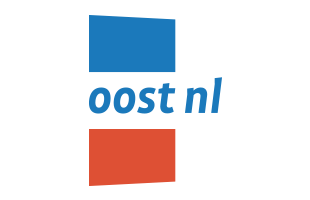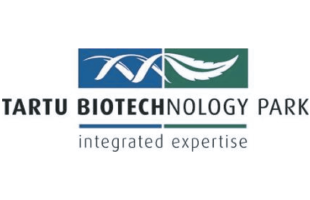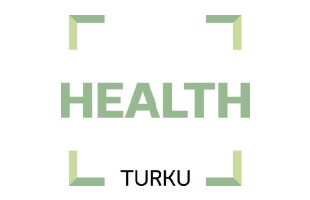Five European life science clusters join forces to improve the scale-up of member companies operating in the Genomics value chain
GEN.ERA is a project where five EU life Sciences clusters and agency partners join and share their international competences and know-how to improve the scale-up of European companies (Start-ups and SMEs) involved in the genomics value chain apply to healthcare, by a facilitated and successful collective access to a targeted global market.
GEN.ERA is a genomic-related project. Genomics is the study of the complete set of DNA within an individual. Knowledge of individuals’ genetic make-up can help understand their predisposition toward certain genetic diseases, inform the best course of treatment and contribute to precision medicine, gene therapies and so on. These advanced applications of genomics have only recently become a possibility due to the exponential decline in the cost of genome sequencing, large scale public sector and pharmaceutical investment.
Today, genomics promises to change the way healthcare is delivered and patient lives and life expectancy improved.
As stated on the 2019 Grand View Research report related to “Genomics Market Size, Share & Trends Analysis Report”, The Global genomics market is valued at over USB 18.7 billion in 2019. and estimated at a CAG of 13,5% to reach USB 35,8 billion by 2024. So far, North America held the largest market share of overall market in 2019, thanks to the local presence of key players such as Agilent Technologies; GE Healthcare and Illumina (located also in Europe at Genopole). While Asia Pacific is expected to witness the fastest growth in the coming years.
European SMEs in the genomics/engineering sector benefit from a solid international reputation, indeed it benefit from undeniable assets, in particular high-quality health data, strong public support for research and an efficient educational system. However, the sector remains geographically and sectorally fragmented which affects the competitive advantages to be promoted in external markets, due to its inability to reach sufficient visibility and competitiveness.
So, the objectives of the project are as follows:
Objective 1: Create a shared vision centered around the genomics value chain, capitalized on our specialization and strengths.
We aim at determining the current state of the genomics value chain on a European level followed with the implementation of a global strategy capable of meeting the expectations of the economic actors in the sector. We will focus on the innovative potential, the risks and the aspects that can generate value collectively, determine sectoral synergies and overcome sectoral boundaries.
Indeed, in order to be competitive, it is essential that clusters and SMEs, as partners of this consortium, become part together of the strategy that must be adopted to expand into new countries.
Objective 2: Identify the most promising international markets for our SMEs
Based on the characteristics of the established value chain, we will have derived a more precise knowledge of the expectations and needs of our companies abroad, as well as strategic priorities for internationalization. We will then identify market with real and clear opportunities in terms of market access, investors, and collaborations of common interest for the partnership as a whole.
To this aim, we will conduct a market-study on 8 zones of potential interest, to select at the end only 2-3 markets to focus on. The objective will be to study the markets on several criteria that are decisive from a business perspective.
Objective 3: Prepare SMEs to competition, giving the keys to success
The main objective is to implement a concrete and step-by-step action to trigger and support SMEs internationalization and access to markets beyond Europe. Going international is a real entrepreneurial challenge that requires prior training, followed by a progressive and coherent development strategy, combined with the creation of a reliable network of stakeholders on which SMEs can rely. We want to support our SMEs by giving them all the keys to success and prepare them to confront global markets. Thereafter, SMEs will benefit from training adapted to the specific requirements of the target markets (locally feasible business models, potential competitors and future partners and customers). As moving operations to local markets is important in order to understand local dynamics and educate key policy-makers, Consortium representatives will attend international conferences, fairs, exhibitions and events, with the intention to build a solid network of foreign public and private contacts and organizations in the target countries and ensure a soft landing for our companies.
 This project was funded by the European Union’s COSME Programme under agreement No 951197.
This project was funded by the European Union’s COSME Programme under agreement No 951197.




